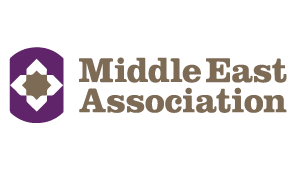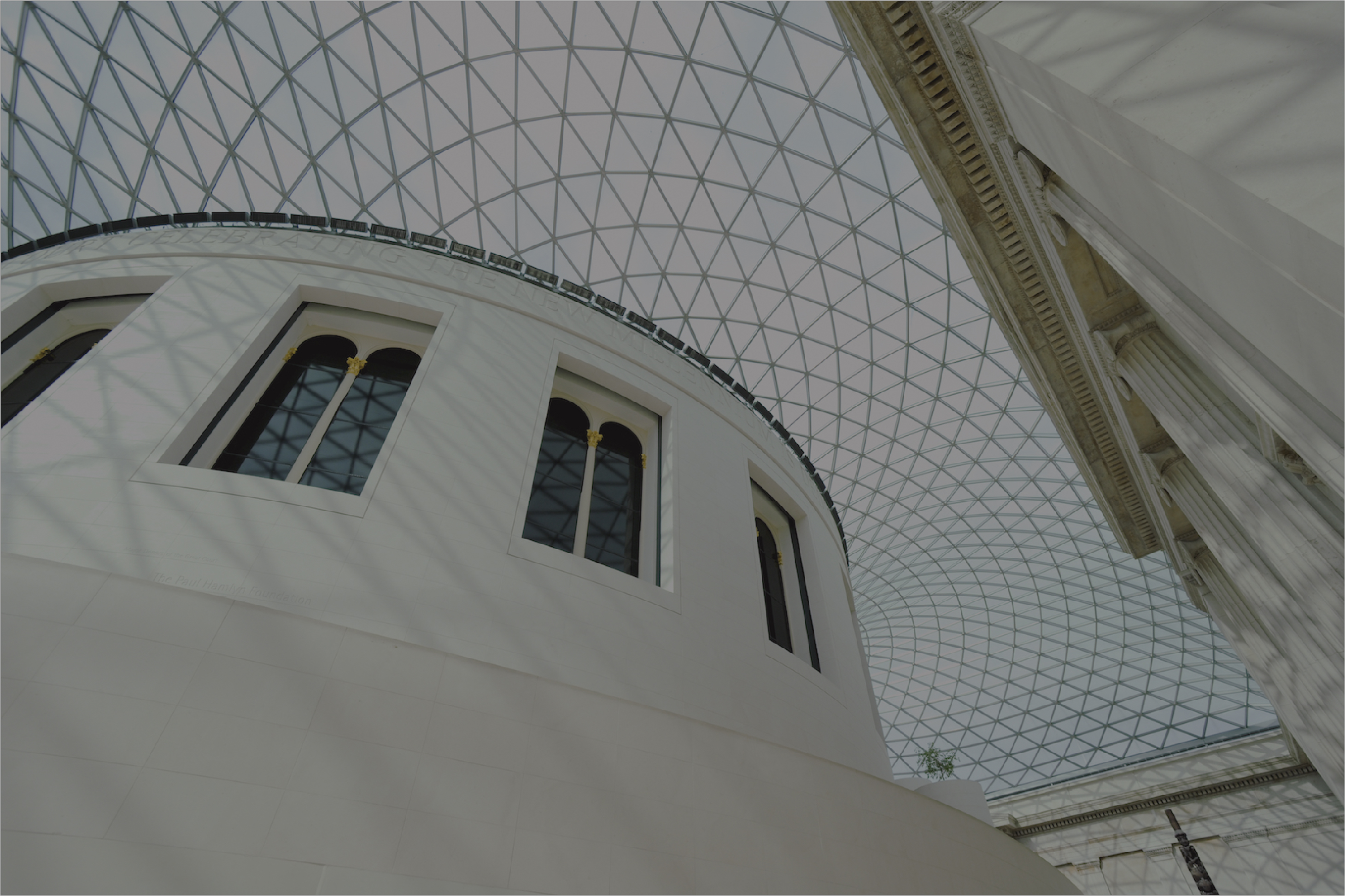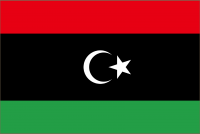In the wake of the Libyan Revolution that overthrew the autocratic government of Colonel Muammar Gaddafi in 2011, the country is still struggling to bring about political stability and maintain security. However, there is significant cause for optimism in Libya given its relatively small population and strong economic fundamentals which are underpinned by a young workforce and significant natural resource wealth.
However, the General National Council (GNC) that currently governs Libya has major challenges to overcome. Whilst the GNC, unlike the interim Transitional National Council, established in the midst of the uprising, enjoys a degree of popular legitimacy as a result of the July 2012 election which brought a coalition government to power it must still agree on a new constitution to govern the country and hold new elections. Both of these milestones are set for 2013. Other issues that must be addressed include reigning in the power of the militias that continue to exert significant political pressure, establishing the rule of law throughout the country, reducing high levels of unemployment and stemming labour protests, improving institutional capacity, clarifying business legislation, reducing bureaucracy and improving domestic security.



